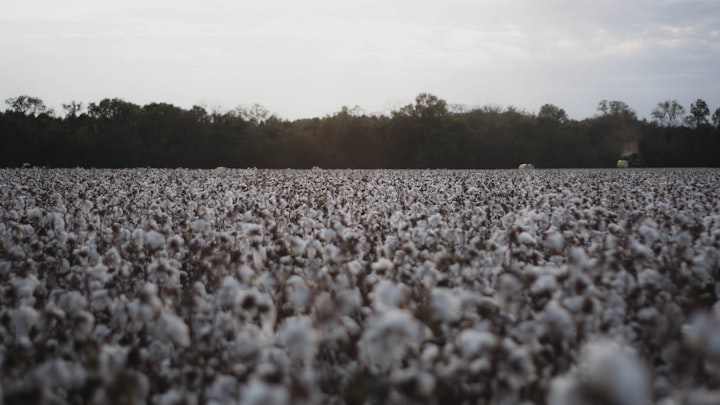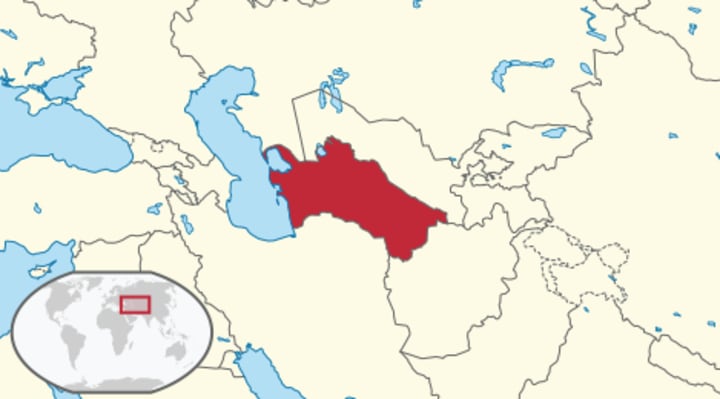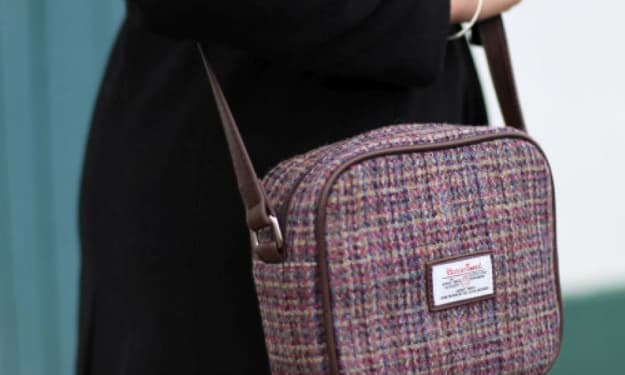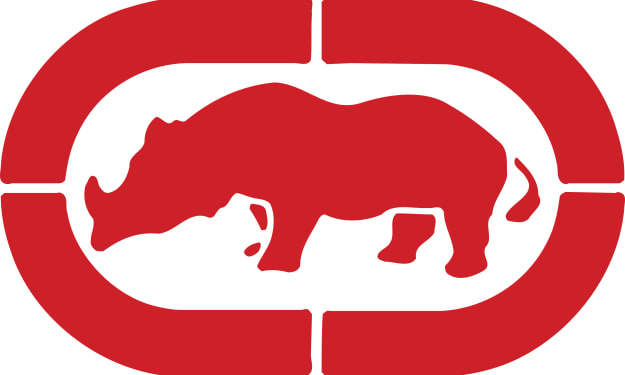Rotten Cotton: Forced Labour in Turkmenistan
Where are our clothes coming from?

What's your t-shirt made of? Or, let's get real (it is January), what is your hoodie-and-sweatpants combo made of?
The chance are that the clothes you're wearing are at least partly cotton. It's a fabric that human beings have been using for over 6000 years, with a host of benefits - it's easy to wash, absorbent and breathable.
It's also produced by a massive global industry stuffed with labour abuses, slavery and environmental destruction. In this article, the first in a series highlighting the problems in the cotton industry, I'll cover just one example of these: forced labour in the cotton fields of Turkmenistan.

Who's doing the work?
Every year, the government of the central Asian republic of Turkmenistan sends its public sector employees to the fields to pick cotton at weekends and on holidays, and sometimes instead of their usual work during the week. Teachers, healthcare workers, school support staff and all others employed by the government have to go, pay for someone else to go in their place, or get fired. In some regions, they also have to make a financial contribution to the success of the harvest, i.e. to help pay for the salaries of workers - regardless of anything else they've paid.
Apart from violating Turkmenistan's own laws against forced labour, working in the cotton fields carries health risks for the workers. The chemicals used on the plants can be toxic, while existing health conditions can be exacerbated by the heavy work and long hours.
In 2020, the last year for which full reports are available, doctors and other healthcare workers were exempted from this compulsory service, probably because of the COVID pandemic. I say probably, because the government of Turkmenistan officially claims that coronavirus has not affected the country.
While it's undoubtedly a good thing that healthcare workers didn't have to go to the cotton fields last year, it only increased the burden on the education sector. The height of the cotton harvest is September-October - the beginning of the school year. The education system is thrown into disarray annually as teachers and support staff have to work in the cotton fields. Children as young as ten can be hired as workers to replace their teachers in the fields.
What's the scale of the problem?
Turkmenistan is the 11th largest cotton-producing country in the world. Its government boasts that its cotton production is 1,000,000 tons a year. The World Cotton Advisory Committee estimates that it's more likely to be around 300,000 tons per year. Of that, just under half - 143,000 tons - is exported, and it ends up all around the world.
The response of the Turkmen government
The government of Turkmenistan is an authoritarian regime, ranked less free than only North Korea by Freedom House.
Anti-slavery organisations have campaigned for over a decade to stop these abuses. Instead of doing so, the authorities have arrested whistleblowers who report on the situation. One of these is Gasper Matalaev, who was tortured and imprisoned for three years after his report on forced labour was published in 2016. They have also forced school employees to sign documents claiming that they are participating in the harvest of their own free will.
What we can do
Be careful about your cotton. 140 companies have signed the Turkmen cotton pledge, promising to remove Turkmen cotton from their products and supply chains. You can check the list here.
If your favourite retailers aren't on it, contact them to suggest that they sign. Threaten them with the loss of your custom if they don't. :D
Raise awareness: be it on social media or in-person conversation with friends, every time you talk about the issue helps. A lot of people would do better if they knew better.
Sources
Anti-Slavery Turkmenistan - Turkey Report (2019): https://www.antislavery.org/wp-content/uploads/2019/04/Turkmenistan-Turkey-report.pdf
Turkmen.News Full Report on the 2020 cotton harvest: https://en.turkmen.news/wp-content/uploads/2021/03/TURKMENISTAN_COTTON_2020_WEB_ENG.pdf
Increased burden on teachers, 2020: https://en.turkmen.news/news/pandemic-leaves-teachers-to-bear-brunt-of-cotton-harvest-in-turkmenabat/
The arrest/imprisonment of Gasper Matalaev: https://www.freedomunited.org/our-impact/gaspar-is-finally-free/
About the Creator
TheSpinstress
I teach English, watch Bollywood, learn Hindi, herd cats, and don't buy new clothes. Follow me on the Spinstress for sarcasm and snacks; MovieJaadoo for Hindi film. :)
http://thespinstressblog.wordpress.com/
https://moviejaadoo.wordpress.com






Comments
There are no comments for this story
Be the first to respond and start the conversation.